Regulations News
Certificate of Conformance: What You Need to Know
A certificate of conformance (CoC) is a document that confirms a product or service meets specific standards or specifications. It’s usually issued by the manufacturer or an authorized body like a testing laboratory or certification organization. This document is essential because it ensures the product or service is quality and safe. It also helps facilitate trade and customs clearance and assures customers or buyers. Sometimes, CoCs are required by law or regulations. This article’ll review what a CoC is, what information it should contain, and when you might need one.
What is a Certificate of Conformance (CoC)?
A CoC, or a Certificate of Conformity, declares that a product or service meets specific requirements. These requirements can be related to different aspects, such as technical specifications, design requirements, performance characteristics, or safety regulations. In simple terms, a CoC confirms that the product or service meets the necessary standards. It can be issued for various products and services, including but not limited to electronics, machinery, and even food products.
Different parties can issue a CoC, depending on the industry and market. For instance, a manufacturer or supplier can issue a CoC, as well as a third-party testing laboratory or inspection agency. A certification body or accreditation body can also give a CoC and a government authority or agency. The CoC is an important document that helps ensure the quality and safety of products and services.
A Certificate of Conformity (CoC) may be mandated by various entities, including:
- The purchaser or consumer of the product or service.
- The importer or exporter of the product or service.
- The customs or border control agency of the destination country.
- The regulatory authority or agency of the destination country.
What should a CoC include?
Demonstrating the conformity of a product or service to the applicable standards or specifications is essential. A Certificate of Conformance (CoC) should contain all the relevant information that proves such conformity. However, the content and format of a CoC may differ depending on the product or service and the market. Nonetheless, a CoC should include the following essential details:
- Product details, such as name, model number, description, and specifications
- Standards details, such as name, number, version, and scope of the standards or specifications being complied with
- Test results or certifications, such as test reports, certificates of analysis (COA), certificates of compliance (CoC), declarations of conformity (DoC), etc.
- Manufacturer details, such as name, address, and contact information
- Issuer details, such as name, address, contact information, and signature of the authorized person issuing the CoC.
When do you need a CoC?
A Code of Conduct (CoC) can be essential for various commercial and legal reasons. Some common scenarios where a CoC may be required are:
- If you are a manufacturer or supplier of a product or service, a CoC can assure your customers or buyers that your product or service meets their expectations and requirements.
- As a buyer or customer of a product or service, you may want to verify that the product or service you receive meets your expectations and requirements, thereby necessitating a CoC.
- If you are an importer or exporter of a product or service, having a CoC can facilitate trade and customs clearance by proving that your product or service meets the destination country’s regulations and standards.
- If legal or regulatory requirements apply to your market, a CoC can help you comply by demonstrating that your product or service meets the relevant standards and specifications.
Which type of CoC is for your business?
Depending on your product or service and your market, you may need different CoCs. Suppose you are importing electronic products in the USA. In that case, you may need either a certification authorization issued by an accredited testing laboratory for products subject to technical standards enforced by the Federal Communications Commission (FCC) or a supplier’s declaration of conformity (SDoC) issued by the manufacturer for products subject to self-certification.
Suppose you are importing products in the EU. In that case, you may need an EU declaration of conformity (DoC) issued by the manufacturer for products subject to harmonized standards under EU legislation, such as CE marking, RoHS, REACH, etc.
Conclusion – Certificate of Conformance: What You Need to Know
To ensure compliance with regulations when importing products, obtaining the appropriate certifications and declarations of conformity is essential. It is always wise to seek the guidance of experts or authorities when importing or exporting products or services to avoid any potential setbacks.











